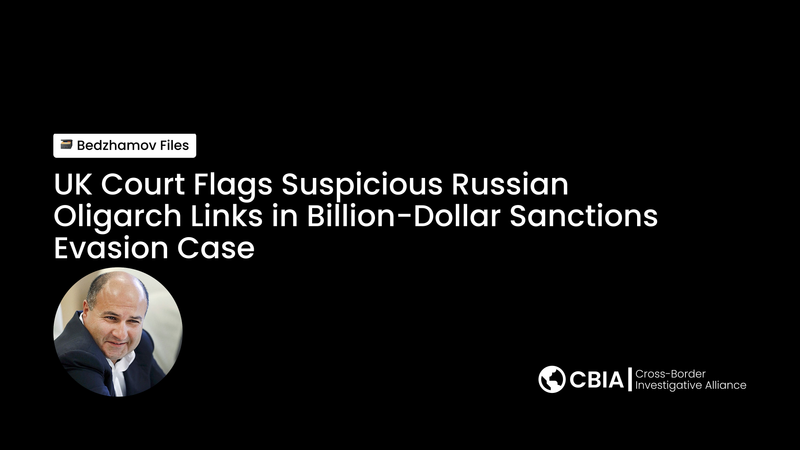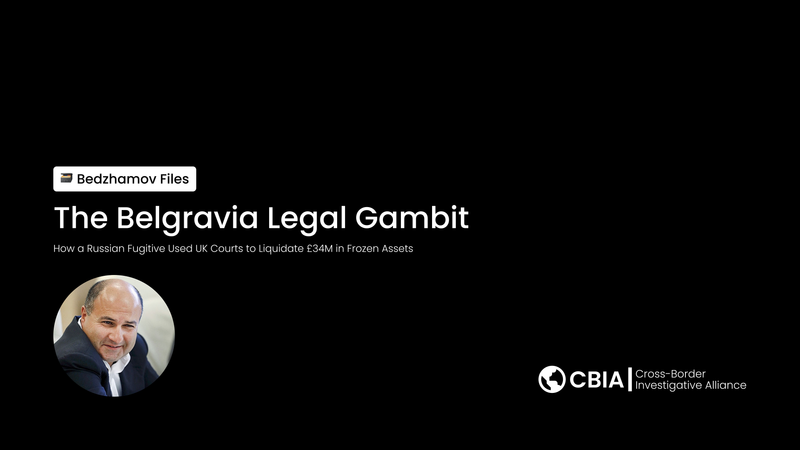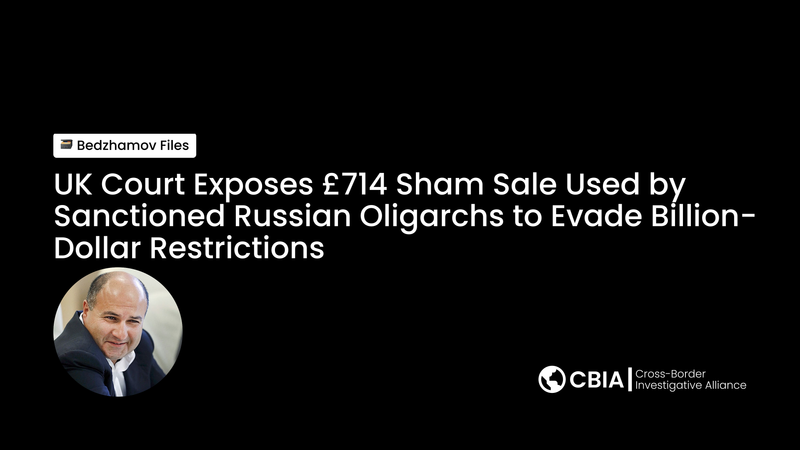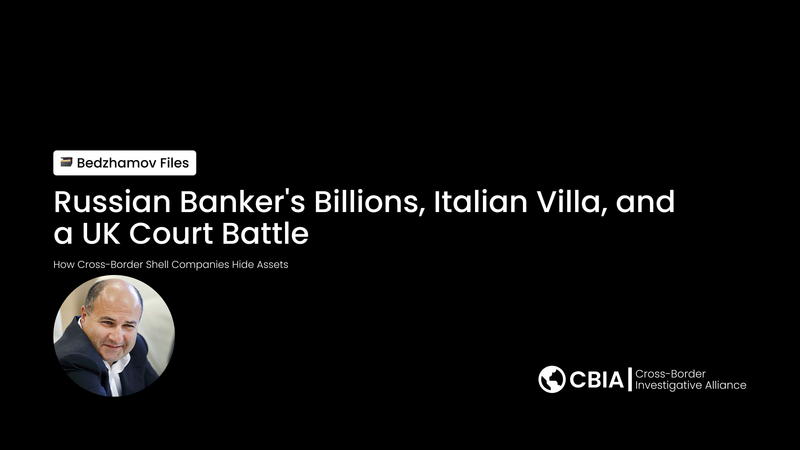Court Documents Show UK Judges Permitted Alleged Russian Fraud Proceeds to Fund Elite London Education
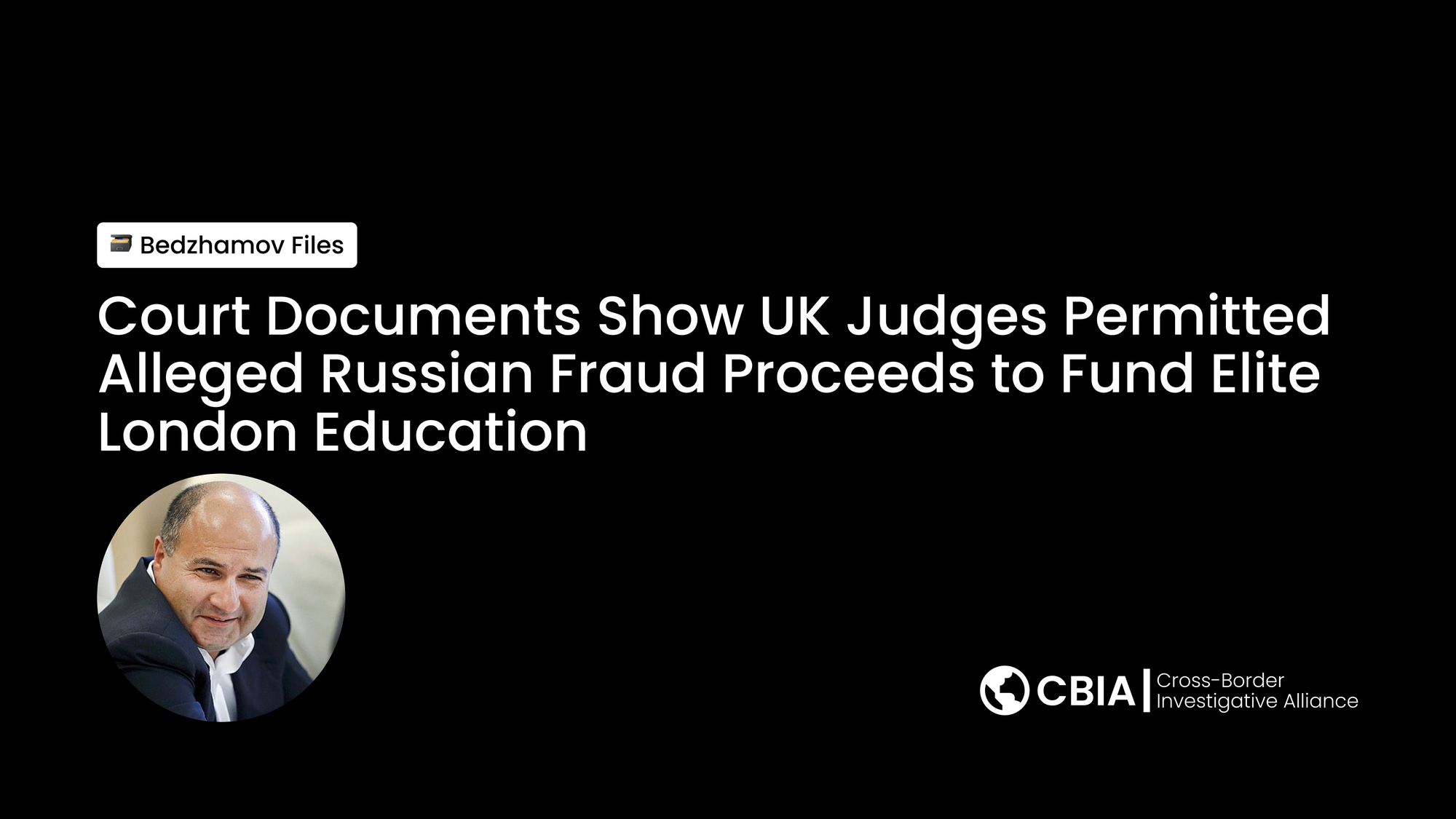
Court documents reveal that Georgy Bedzhamov, the fugitive co-owner of Russia's collapsed Vneshprombank accused of a £1.34 billion fraud, was explicitly permitted by UK judges to use disputed funds to pay for his children's education at elite London private schools.
The extraordinary revelation comes from Court of Appeal judgments that show British courts not only allowed but specifically ordered that Bedzhamov could spend frozen assets on school fees, creating a direct pipeline between the proceeds of alleged large-scale Russian financial crime and the UK's prestigious education sector.
Bedzhamov stands accused by Vneshprombank LLC of orchestrating a massive fraud scheme involving four categories of wrongdoing: causing the bank to enter fraudulent loan agreements with unknowing customers, diverting funds from genuine customer accounts, creating shell company loans with no prospect of repayment, and making fictitious credits to discharge debts. The bank estimates losses exceed £1.34 billion, with Bedzhamov personally benefiting by at least £35.4 million [1].
Despite these serious allegations, Court of Appeal judgment dated November 19, 2019 explicitly states: "Mr Bedzhamov should therefore be permitted to continue to pay these fees from the funds held by his solicitors for so long as the children continue to attend their current schools" [1].
The judgment reveals that all three of Bedzhamov's children were being educated privately before the freezing order was imposed - his daughter in London and his sons in Monaco. The court found that school fees were an "existing commitment, readily susceptible of proof" and should be permitted as part of his ordinary living expenses [1].
Lord Justice Males, writing for the Court of Appeal, concluded: "The same reasoning as applies to the rent on the Monaco and Park Lane apartments applies also to the cost of private education for Mr Bedzhamov's three children. There is no doubt that all three were being educated privately...before the making of the freezing order. The school fees were an existing commitment, readily susceptible of proof" [1].
The case exposes fundamental questions about how the British legal system handles suspected illicit assets. While Bedzhamov's assets were frozen pending the fraud investigation, the court's approach was that defendants should not have to reduce their lifestyle because of freezing orders, even when that lifestyle is lavish rather than modest.
The Court of Appeal was explicit about this principle: "It is particularly important to ensure that a freezing order does not operate oppressively. The consequences for a defendant against whom an order is made are often severe and can be crippling" [1].
Bedzhamov left Russia in December 2015 when criminal charges were laid against his sister, who was President of Vneshprombank. She subsequently pleaded guilty and was sentenced to nine years imprisonment for fraud and embezzlement, though this was later reduced. Criminal charges were then filed against Bedzhamov in February 2016, leading to his decision not to return to Russia [1].
The UK court documents show Bedzhamov maintained an extraordinarily lavish lifestyle in London and Monaco after leaving Russia. Beyond private school fees, the Court of Appeal permitted him to spend up to £18,000 per week on London apartment rent, up to £144,000 as a rent deposit, and substantial sums on private security for himself and his family - £24,000 per month in London and £29,000 per month in Monaco [1].
The court also allowed payment of rent on a Monaco apartment where his partner and two youngest children lived, as they had no right to reside in the United Kingdom. The family was forced to maintain two homes due to immigration restrictions [1].
More recent court documents from May 2024 reveal ongoing sanctions complications. A High Court judgment shows concerns about whether A1 LLC, the litigation funder supporting the case against Bedzhamov, might be controlled by sanctioned Russian oligarchs Mikhail Fridman, German Khan, and Alexey Kuzmichev, who were designated under UK sanctions in March 2022 [2].
Justice Cockerill found "reasonable cause to suspect" that despite an alleged buyout in March 2022, A1 LLC remains controlled by the sanctioned oligarchs, raising questions about whether payments in the litigation might benefit designated persons in violation of UK sanctions regulations [2].
The case highlights the complex intersection of international financial crime, UK legal procedures, and elite institutions. While the courts emphasized that freezing orders should not be oppressive and defendants should maintain their ordinary lifestyle, the practical effect was to allow suspected criminal proceeds to flow directly into London's private education system.
The principle established by the Court of Appeal was clear: "A defendant should be permitted to spend by way of ordinary living expenses in accordance with his actual past standard of living." This included private school fees, which the court classified as necessary to maintain Bedzhamov's children's established standard of living [1].
This case raises broader questions about the UK's role as a destination for potentially illicit Russian wealth and the extent to which British institutions - from courts to schools - have accommodated suspicious financial flows in the name of legal fairness and educational access.
Sources:
[1] Vneshprombank LLC v Georgy Ivanovich Bedzhamov & Others, Court of Appeal (Civil Division), Neutral Citation Number: [2019] EWCA Civ 1992, November 19, 2019.
[2] Vneshprombank LLC v Georgy Ivanovich Bedzhamov, High Court of Justice, Business and Property Courts, Neutral Citation Number: [2024] EWHC 1048 (Ch), May 3, 2024.


